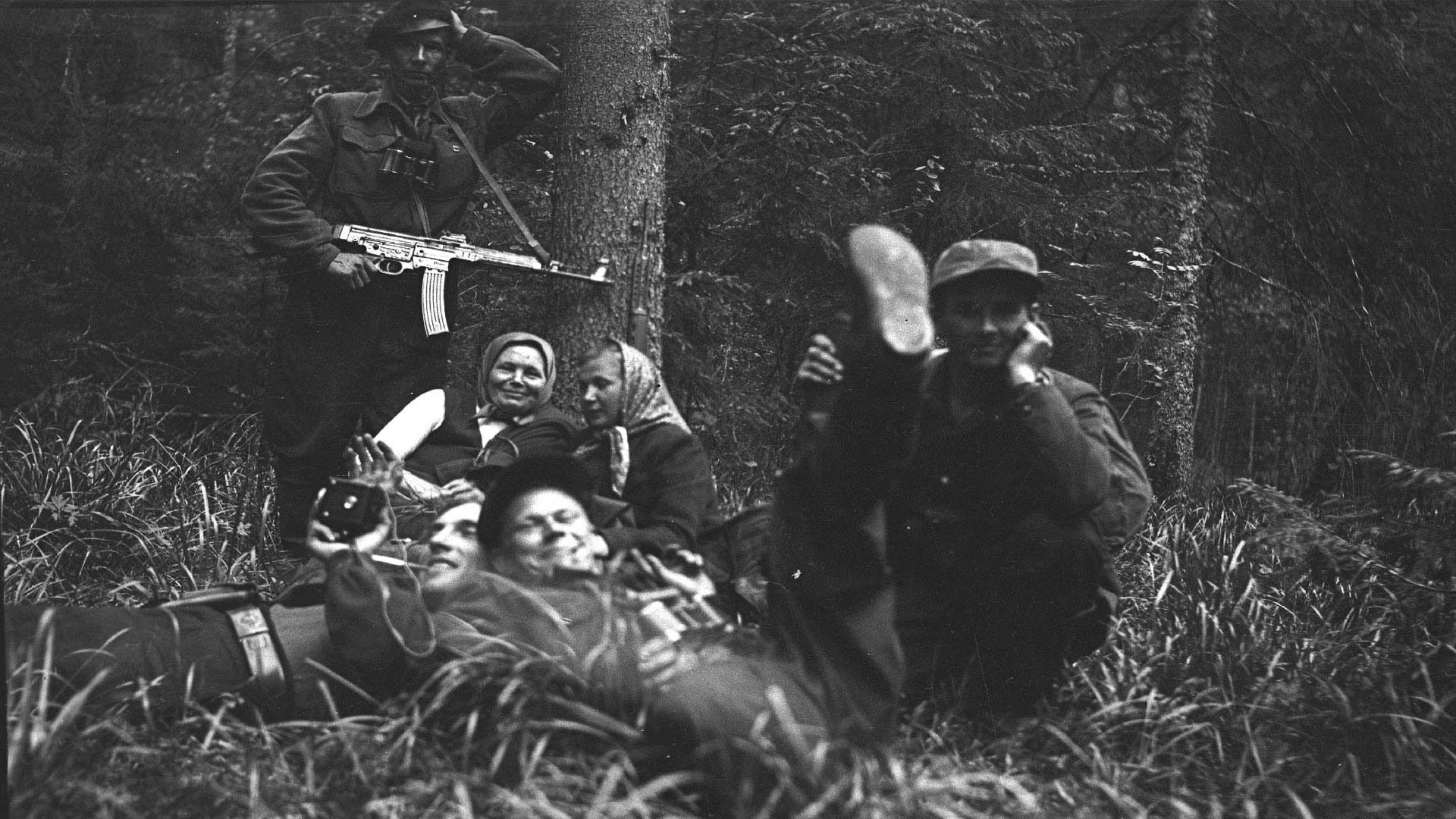When you think about it in this way, the Estonian vanasõna “viies ratas vankri all” is more humorous and ridiculous than the English equivalent. Vanasõnad do tend to have an absurdly funny quality.
Folklore.ee defines the phrase by describing a “liigne, ülearune inimene” (“an excessive, superfluous person”). This excess must be referring to an individual’s lack of social or professional role, not their personality.
A fifth wheel under a wagon has no benefit. No purpose. It's not even decorative because most likely, if it's under a wagon, it's obscured by the other four wheels on the sides that are crucial to the wagon moving forward. Save the fancy painted decorations for the outside wheels.
While a “third wheel” tends to have the connotation of a third person tagging along in a one-on-one romantic setting—for example, a single friend joining a couple’s dinner date—a fifth wheel feels more like a professional or communal conundrum.
It could be a school group project where four people do the majority of the work and a fifth person is just there in bodily form. They are a team member in name only and contribute nothing. That’s one surefire way to annoy others. Hence why someone would say “Ära ole viies ratas vankri all” (“Don’t be the fifth wheel under the wagon”).
Täismahus artikkel on loetav Eesti Elu tellijatele
Igal nädalal toome me sinuni kõige olulisemad kogukonna uudised ja eksklusiivsed lood uutelt kolumnistidelt. Räägime eestlastele südamelähedastest teemadest, kogukonna tegijatest ja sündmustest. Loodame sinu toele, et meie kogukonna leht jätkuks pikkadeks aastateks.
Hind alates $2.30 nädalas.




